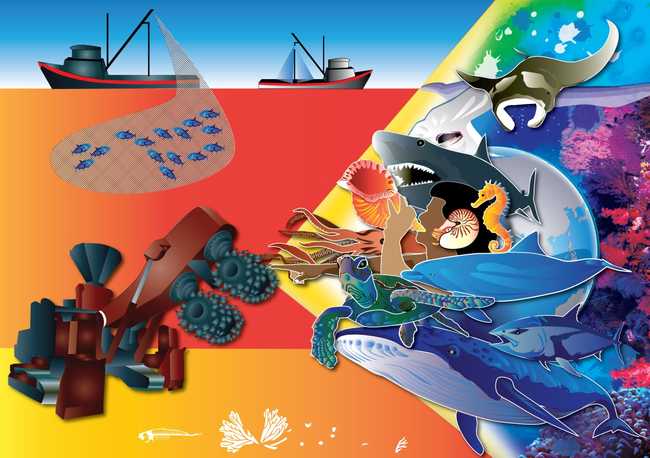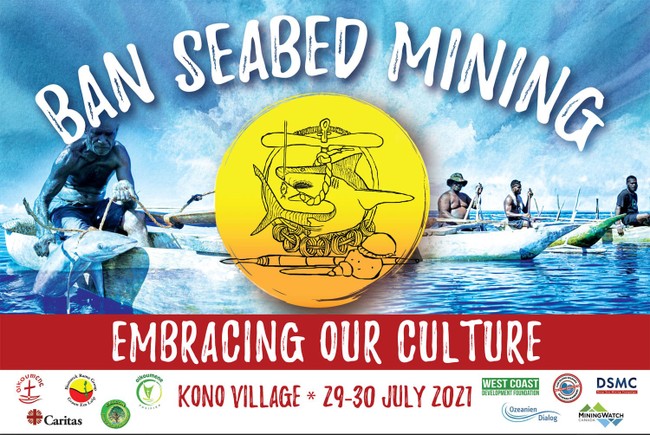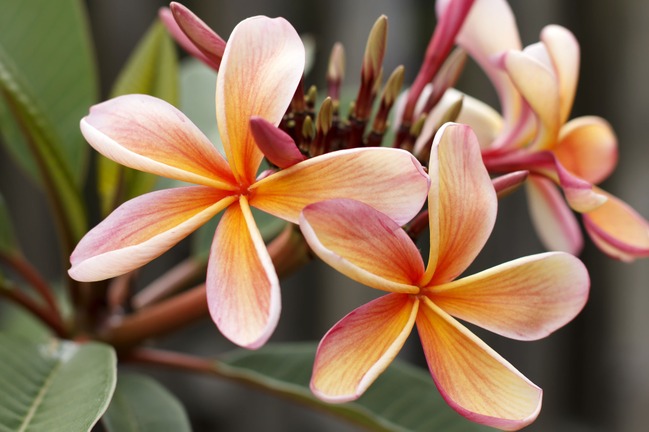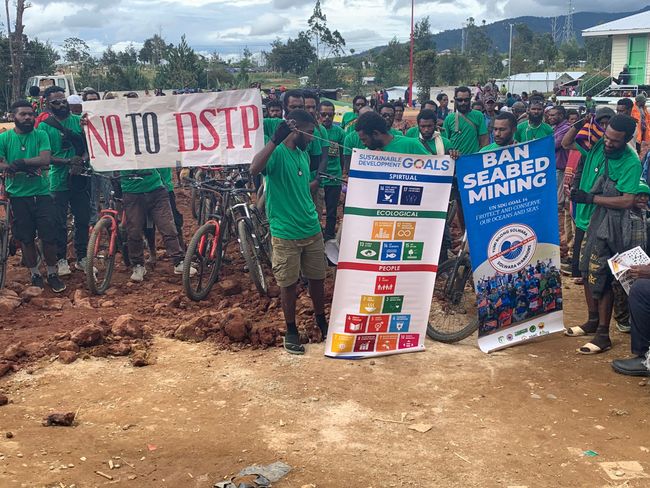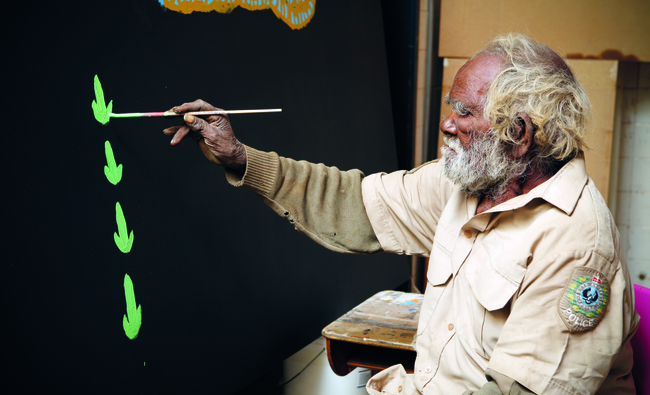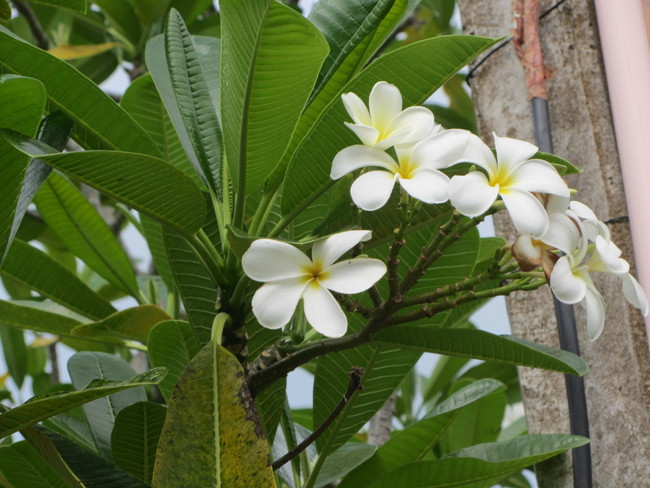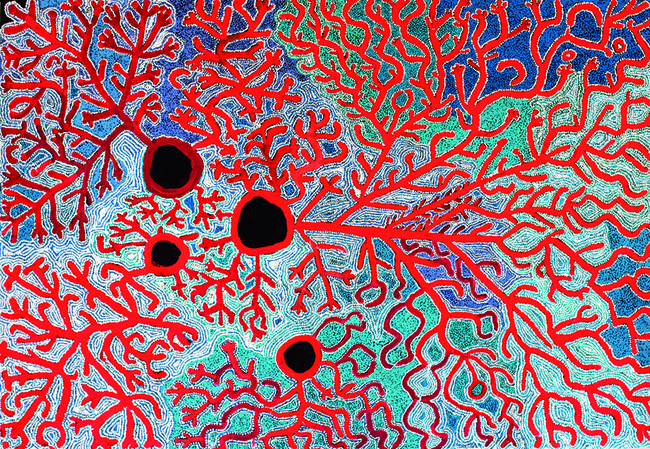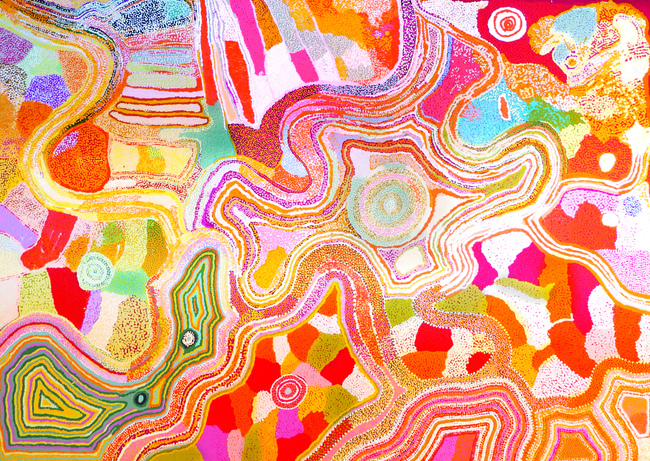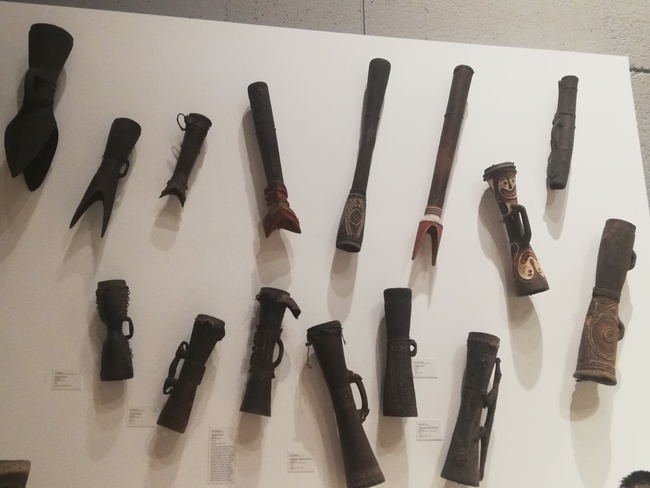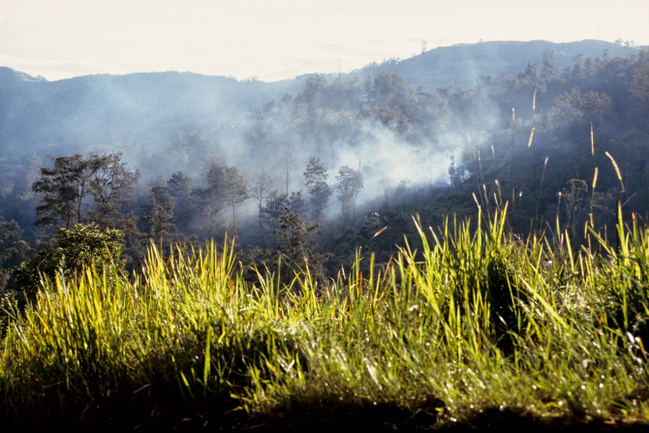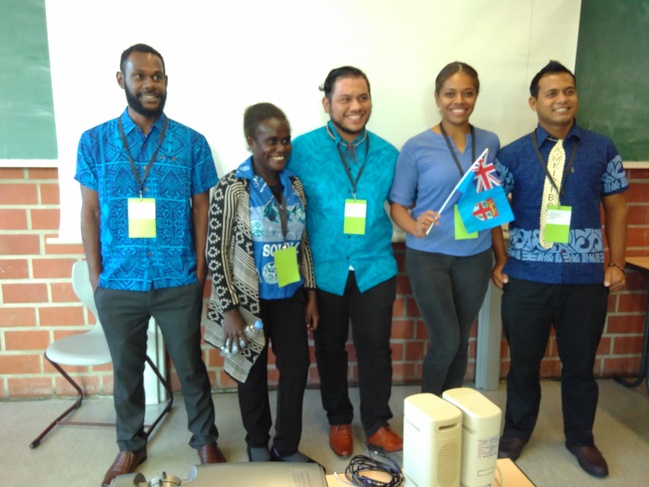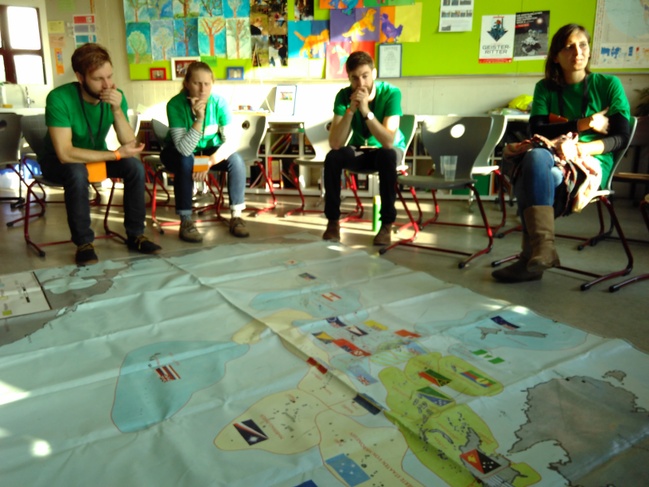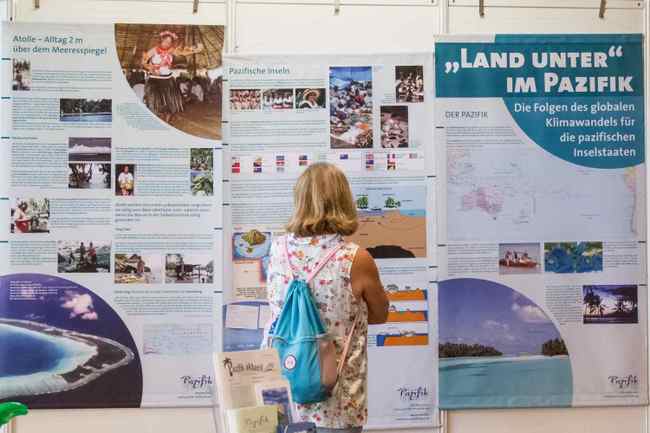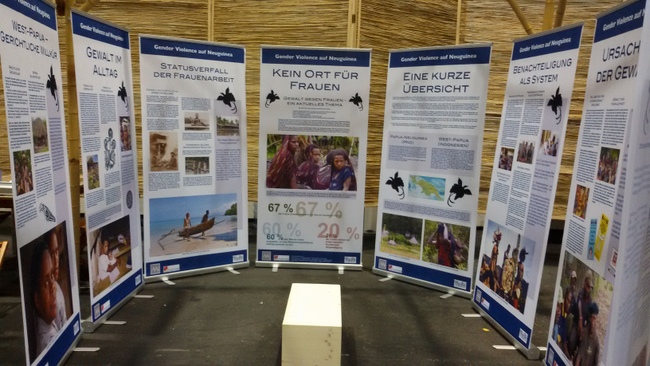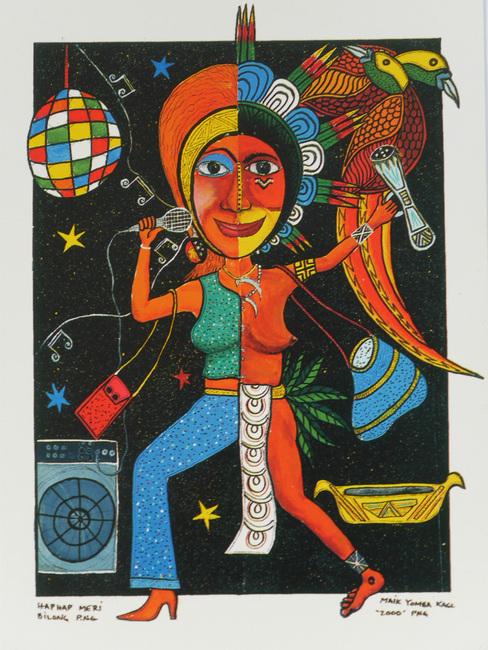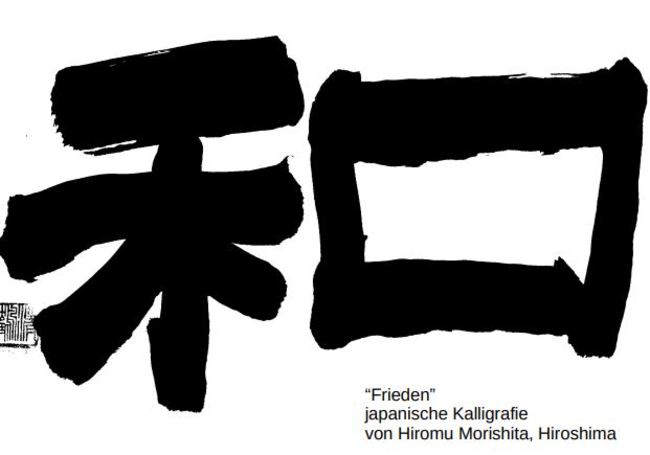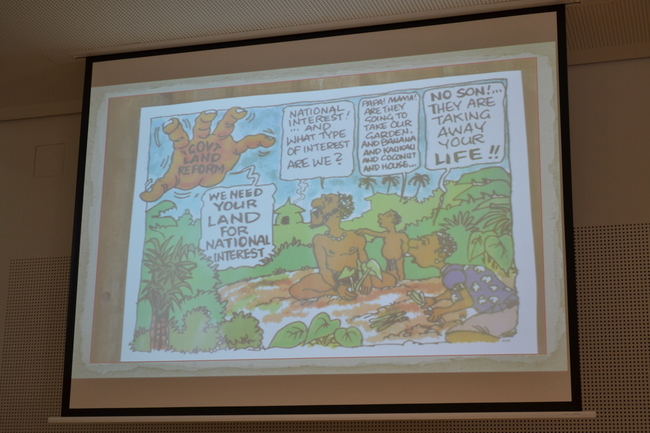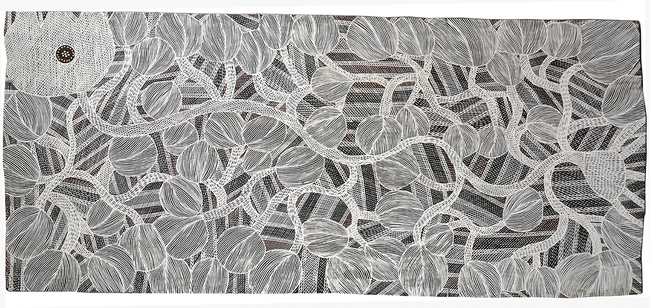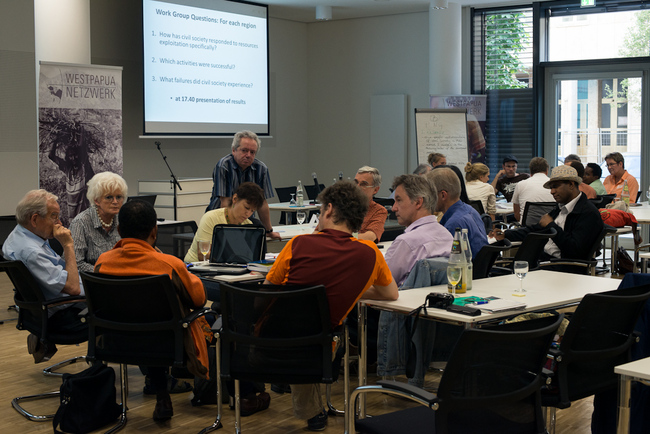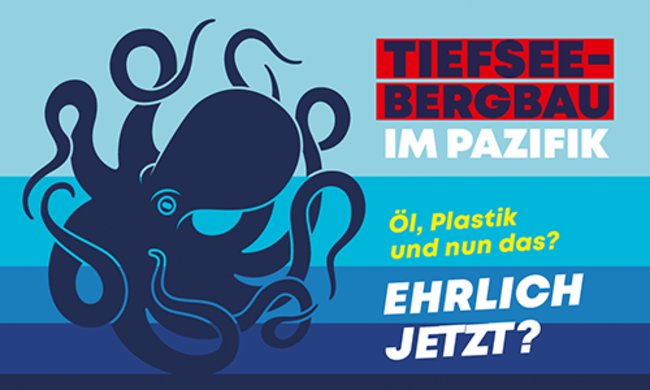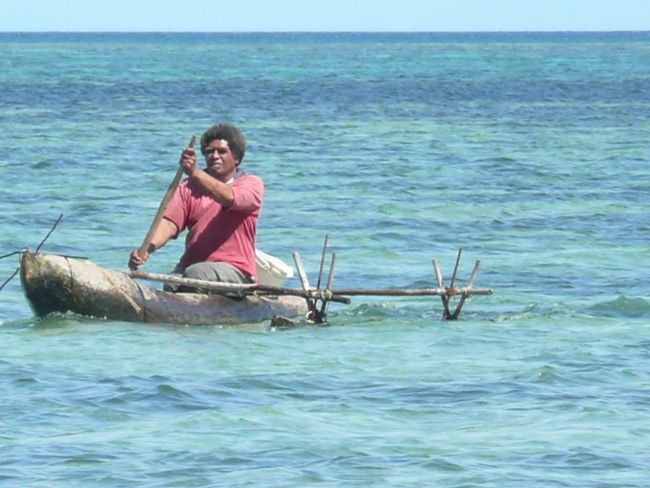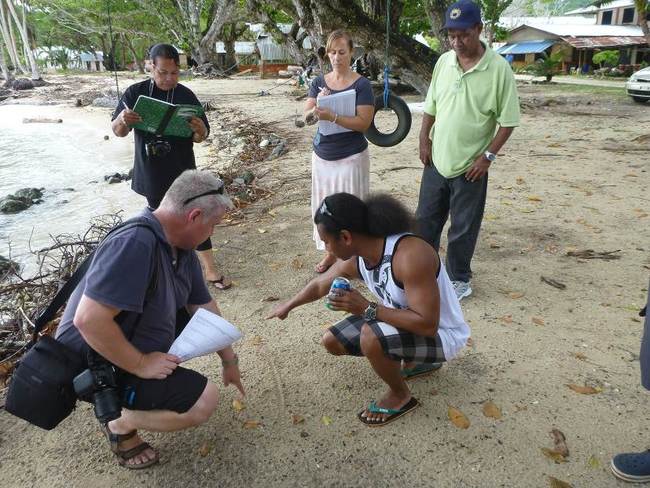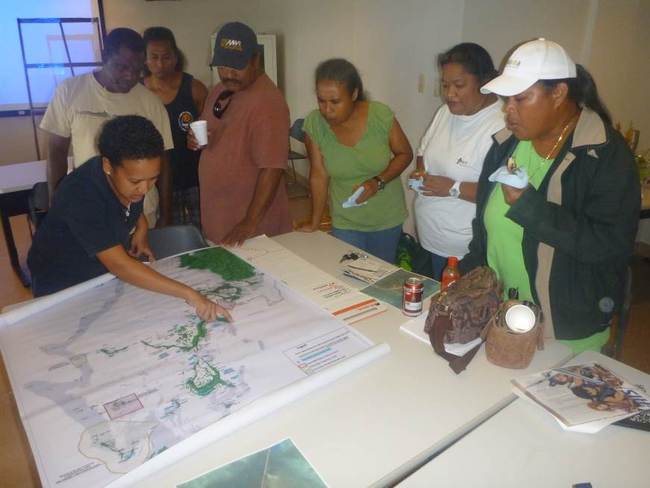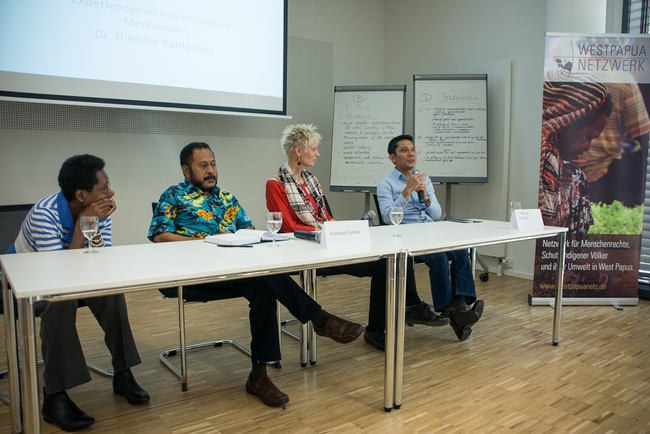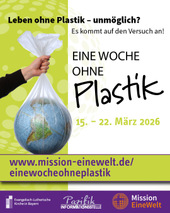“Plantation Lives, Gender, and Material Culture: Queen Emma’s Networks and the (Post)Colonial Anglo-German Pacific”
06.10.2025: Call for papers, bis 24.11.25
The ARC discovery grant project “Unfreedom, Voices, Redress: Plantation Cultures of the Western Pacific,” the Bonn Center for Dependency and Slavery Studies, and the Rautenstrauch-Joest Museum, Cologne invite paper proposals for the international workshop “Plantation Lives, Gender, and Material Culture: Queen Emma’s Networks and the (Post)Colonial Anglo-German Pacific” to be held at the University of Bonn and the RJM, Cologne from June 17-19, 2026.
During her lifetime, Emma Kolbe/Forsayth/Farrell (née Coe), known as ‘Queen Emma of New Guinea’, was one of the most powerful private individuals and economically successful entrepreneurs in the Pacific – a woman of colour in a world dominated by men. Of Samoan and American descent, she and her sister Phebe Parkinson were intimately familiar with both Pacific Islander and American Christian lifestyles (Salesa 2014). Owning more than 60,000 hectares of plantations in New Britain, New Ireland, Bougainville and various smaller islands (a region later occupied by the German Empire), Emma Kolbe traded not only in copra, cotton and other natural produce but also people – for whose transport she also maintained ships. Around 1000 South Sea Islanders (as well as several Europeans) worked for her. Kolbe's main residence, Gunantambu in Kokopo, was considered the social hub of the Gazelle Peninsula, from where she controlled her large network including family members (siblings, children and husbands), trading partners, and politicians. This network, which stretched from New Guinea to Samoa, the USA and Australia, also facilitated the sale of artefacts and natural history specimens, yet another means of financing the expansion of her businesses. At the end of the nineteenth century, many German and European ethnographical museums acquired artefacts collected and sold by Queen Emma’s sister Phoebe and her husband, Richard Parkinson (Buschmann 2023).
Using the figure of Queen Emma and her networks as a starting point, the workshop seeks to examine gendered lives on plantations as well as practices of coerced labour and forced migration. The material traces and histories of these in the Anglo-German Pacific and in PNG in particular at the end of the nineteenth and early twentieth century will be a key focus. Participants are invited to explore topics such as the formation of varying (and at times competing) notions of indigeneity, of self and other, gendered protocols, and regional, national, and transcolonial trade and personal affiliations. The workshop is also interested in questions pertaining to the legacies of these processes, how they are remembered today and the (textual, embodied, material, visual, sonic) archives available to study them. The workshop thus aims at fostering an interdisciplinary exchange among scholars who work on Pacific history, dependency studies, women’s history, gender studies, life writing, missionary history, cultural anthropology, provenance research, and museum and heritage studies.
In addition to papers exploring the networks and legacies of Queen Emma, we also welcome papers that address related topics addressing plantation cultures in the era of Anglo-German colonial endeavours in the Western Pacific, papers that include but need not be limited to: • gendered networks that emerge in the context of plantation cultures • plantation lives in the (post)colonial Western Pacific • the mobility of people, ideas and goods (in particular collected artefacts and specimens) • indigenous cultural and political networks across the Australian, Anglo and German (post)colonial Pacific • the entanglements of economic, ethnographic, personal, and cultural knowledges and practices • plantations and missionaries • plantations and material culture • the legacies of blackbirding and colonial plantation economies • literary and artistic re-imaginings today
Proposal should include a 250-word abstract and a short bio. Please submit your proposal by email to the organizers Pia Wiegmink (wiegmink@uni-bonn.de) and Oliver Lueb (oliver.lueb@stadt-koeln.de) by Nov. 24, 2025.
We will send acceptance notifications by early December. Funds to pay for speakers’ travel and accommodation are available to a limited extent.
